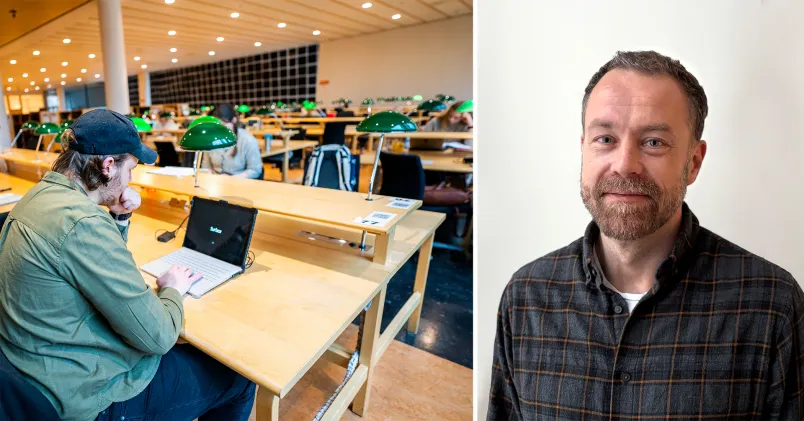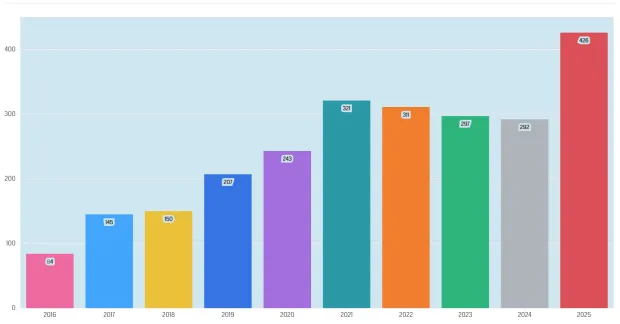
Life Science-industrin har varit på nedgång under ganska många år. De senaste fem åren har industrin minskat med drygt 4 000 anställda varav 2 200 sedan 2009. Av dem jobbade väldigt många på Astra Zenecas forskningsavdelningar i Södertälje och Lund.
- De stora personalnedgångarna beror främst på att ett fåtal stora företag har tagit beslut om att lägga ned både produktion och forskning i Sverige. Delar av Life Science-industrin växer fortfarande men lyckas för närvarande inte kompensera för de stora nedskärningarna, säger Anna Sandström, som har skrivit rapporten.
Industrin genomgår en strukturell förvandling. Läkemedelsföretagen minskar sin interna forskning och utveckling och satsar istället på externa partnerskap, licensiering och uppköp. De stora bolagen satsar också på att finnas globalt.
- Just nu finns en stor risk att de stora företagen hittar mer attraktiva miljöer i andra länder. Vi måste satsa mer på att förankra de framgångsrika företagen i svenska forsknings- och innovationsmiljöer. Den globala konkurrensen hårdnar och då måste vi hänga med, säger Anna Sandström.
I dag dominerar Stockholm, Uppsala och Södermanland Life Science-industrin. Drygt 50 procent av alla som jobbar med den forskningen finns i dessa regioner.
Fakta
Life Science, eller livsvetenskaper innefattar en mängd olika discipliner såsom biologi, matematik, kemi och medicin. Kunskapen inom life science föds ur samarbeten mellan dessa traditionella discipliner inom den akademiska forskningen men också med industrivärlden.
Rapporten "Global trends with local effect"s presenterades under ett seminarium anordnat av Vinnova, som är Sveriges innovationsmyndighet, vars uppgift är att främja hållbar tillväxt.









